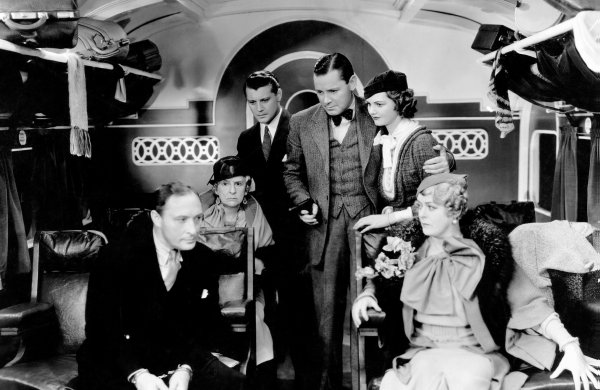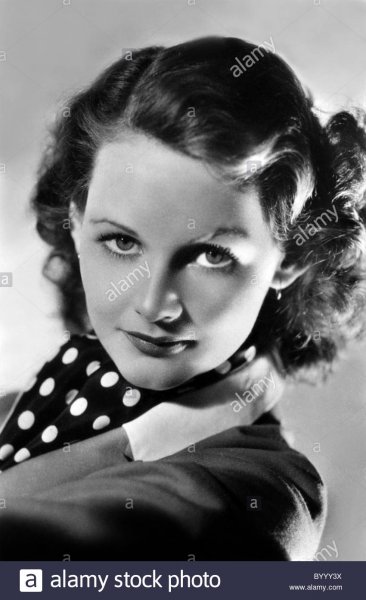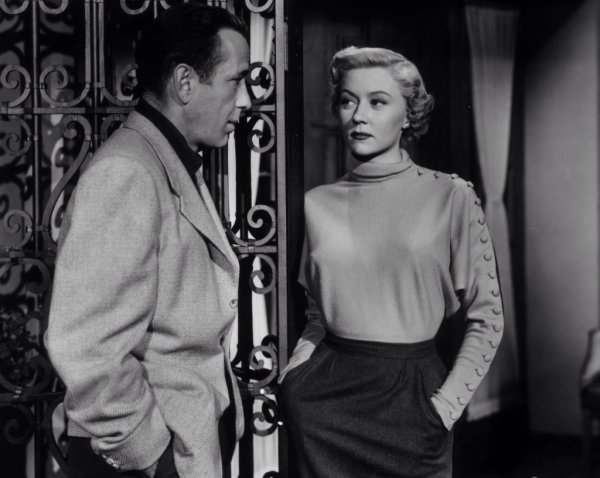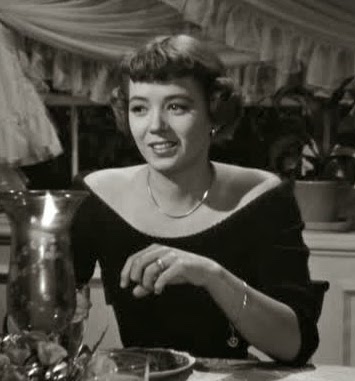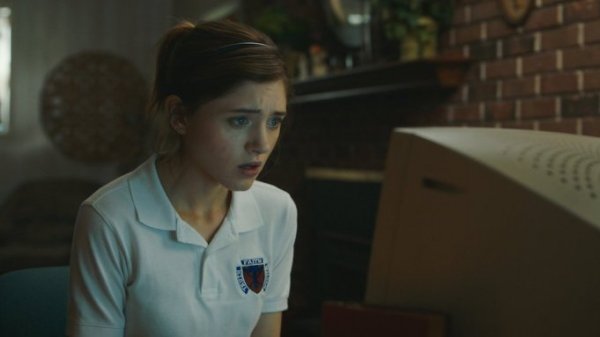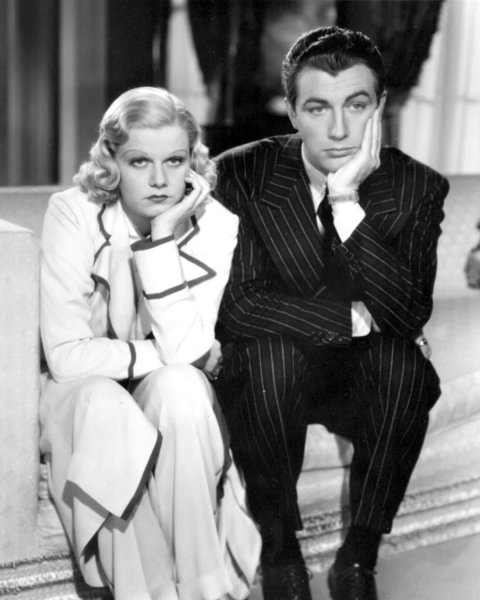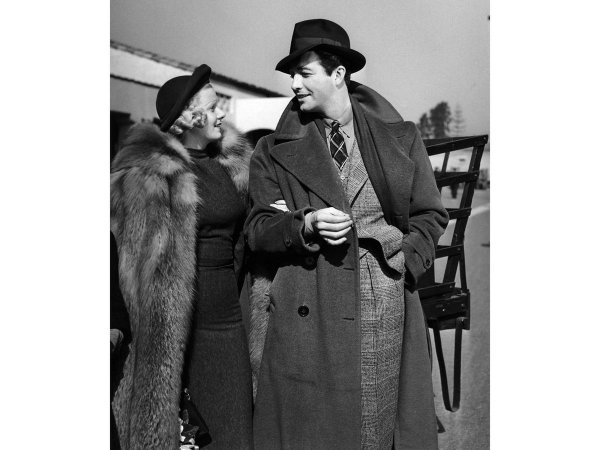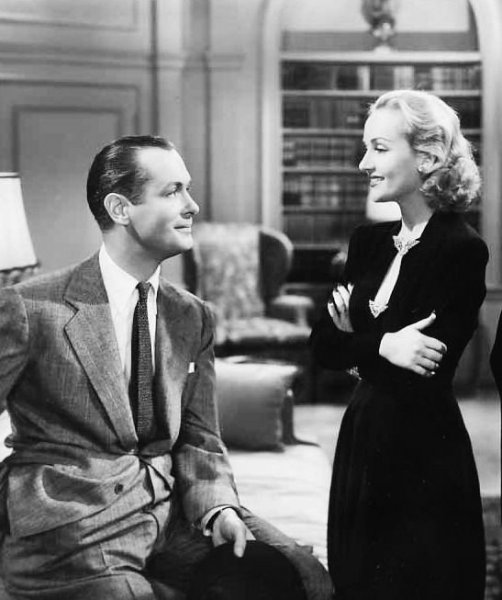Edward
Bartender
- Messages
- 25,389
- Location
- London, UK
Puddin' and I went on a pre-Halloween/Halloween night "Were Fest"! We watched about 5 Werewolf movies in that time. We concentrated on movies we hadn't seen. The best were:
"Wer" - A recent film set in rural France in modern times. The beast is more man than wolf and his condition is more medical than mystical but it doesn't stop the film from being frightening and action filled almost from beginning to end.
"The Wolf of Snow Hollow" - Put out this year, this film centers around a small Utah Ski village beset by a ravenous creature that preys on youngish women and girls. The beast however is not the primary focus of the story. The main character is the Sheriff of the town who's battling alcoholism, an ailing father who still thinks he's Sheriff, a pissy teenaged daughter, an ex-wife from hell and anger management problems. Slaver on top of that a monster killing his townfolk and you have a portrait of a man who's not on the edge but falling down the other side. Excellent low budget thriller with a great ending.
Worf
Did you ever catch Dog Soldiers? I think you might enjoy that one.
Tonight daughter and I are watching some Indiana Jones. We watched The Last Crusade in tribute to Sean Connery and I agree with @Edward about Connery's comedic talent. He is just an absolute gem in that film. It's my favorite of the Indiana Jones films.
I'm always sort of torn between Raiders and Crusade for my favourite, but Connery is definitely a big plus in the latter. It also made putting Indy on the other side of the father/son dynamic in Skull that much more interesting.
Temple always manages to pleasantly surprise me on rewatching. Much more going on in there than many give it credit for. Especially Short Round, not just stuck in for marketing and the cutes (quite possibly, though, for the kids), but very much a product of the damaged world in which the film is set. A child required to be an adult. It says much about Jones himself, perhaps, that while he does take the kid on, he's not 'able' to fully be the adult and take on a parent type role, instead making the kid a sort of quasi adult pal before his time. The parallel between SR and the Maharajah kid, also a kid forced into an adult role before his time, is an interesting one. Lots of lovely little comments in it too on imperialism, both political ("The British do worry about their Empire so. It makes us all feel rather like well care for children.") and cultural.

